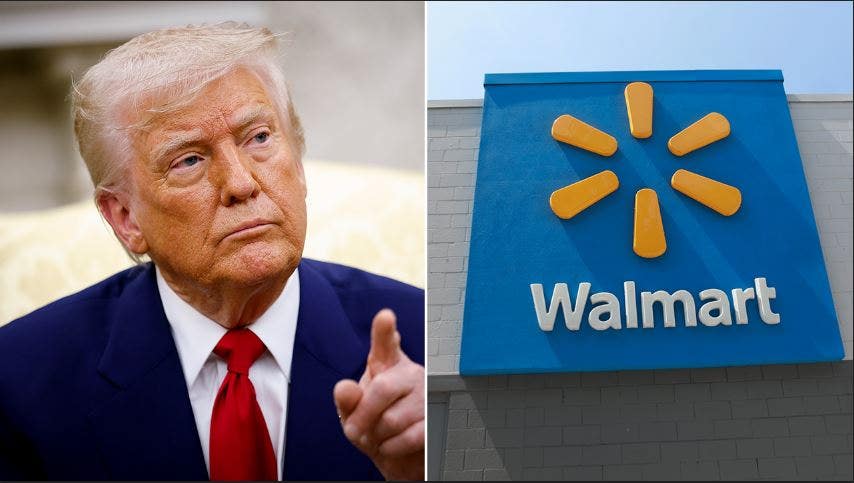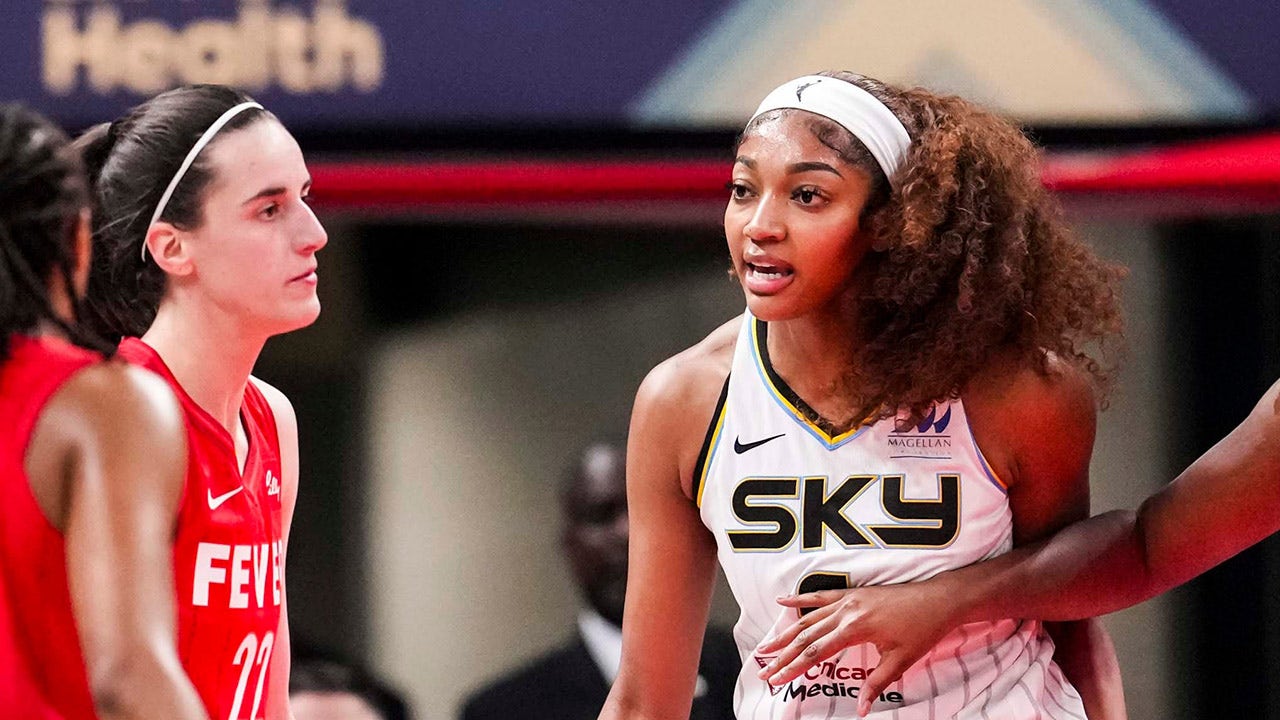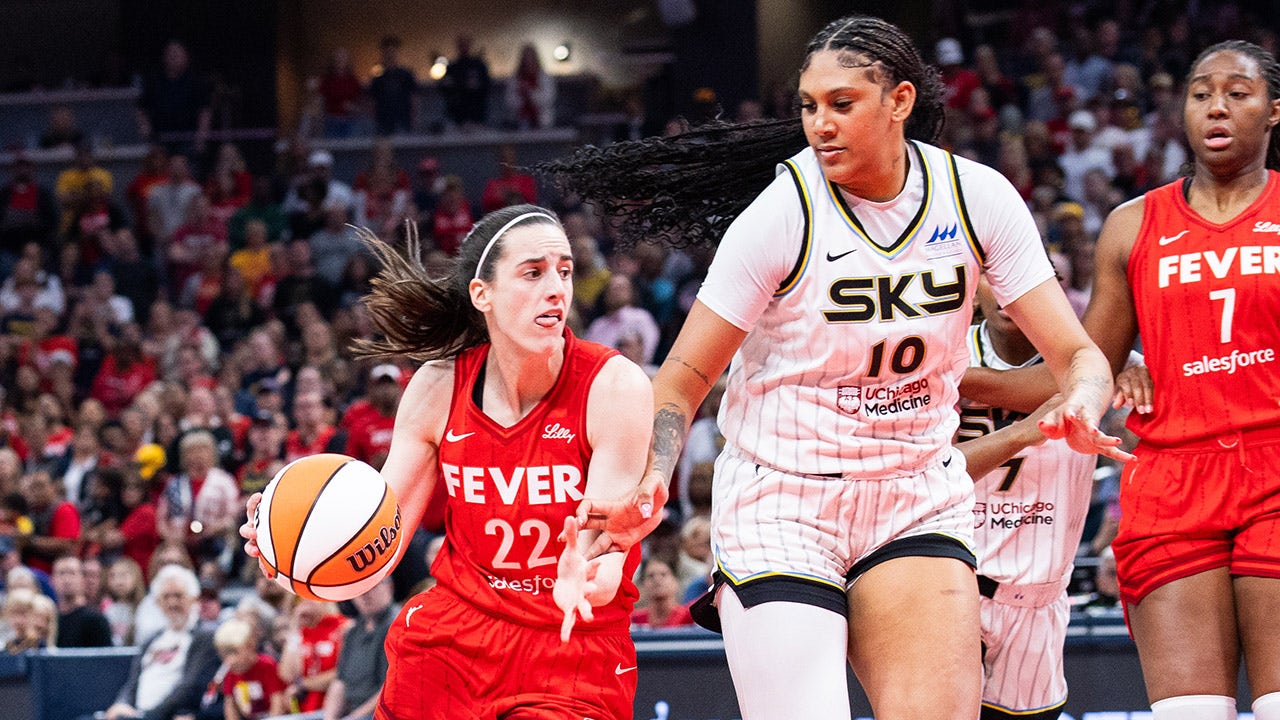A recent online scuffle between conservative influencers has further exposed efforts by “Big Soda” companies to use taxpayer dollars to keep Americans unhealthy.
The controversy began when Senator Rand Paul introduced the Nutritious SNAP Act of 2025. That legislation would make it so that Supplemental Nutrition Assistance Program benefits (SNAP, commonly known as food stamps) cannot be used to purchase junk food and soda. The bill is in line with comments made by Health and Human Services Secretary Robert F. Kennedy, Jr., who recently said states can and should block soda purchases through SNAP. In a press release touting the bill, Paul stated, “It makes no sense that taxpayer dollars are being used to fund an epidemic of obesity and diet-related illness in low-income communities.”
Indeed, government data shows that the 40 million Americans who receive SNAP benefits have significantly worse health outcomes than the general population. According to a 2015 NIH report, adults on SNAP had higher rates of obesity (40 percent) compared to eligible non-participants (32 percent) and higher-income individuals (30 percent). Another 2023 study found that SNAP recipients are significantly more likely to develop type 2 diabetes.
Moreover, as supporters of Paul’s bill also pointed out, taxpayers should not be obligated to subsidize junk food purchases. The purpose of the SNAP program is to ensure that Americans, particularly children, do not go hungry – not to fund a soda addiction. It is common sense that if someone wants to enjoy a “sweet treat,” they should do so on their own dime.
But there is one group that has a significant stake in ensuring SNAP recipients can continue purchasing sugary drinks: Big Soda executives and lobbyists. A 2016 USDA report found that soda is the single most frequently purchased item with food stamps, as almost 10 percent of SNAP funds are spent on “sweetened beverages,” including soda. When taken as a percent of the total amount of SNAP benefits the government pays out, this amounts to more than $10 billion annually – effectively a check written by taxpayers to soda companies.
That’s an enormous incentive for Big Soda to quash any discussion of removing their products from the SNAP program. And they deployed a shockingly brazen propaganda campaign to keep the gravy train rolling.
Seemingly out of nowhere last week, several high-profile conservative influencers began posting strikingly similar arguments against removing soda from SNAP eligibility. As Daily Wire host Matt Walsh put it, “All of these messages were essentially identical like they were written by the same mysterious organization. Specifically, these conservative influencers complained that there was an effort underway in Washington, D.C. to ban people from using food stamps to pay for soda.”
It didn’t take long for investigative reporter Nick Sorter to publish documents and screenshots appearing to show that Influenceable, a company that acts as a middleman between major corporations and online influencers, was behind the posts.
“Influencers were texted by Influenceable telling them to ‘help push back against government overreach,’ and told they’d be paid between several hundred and even $1,000+ for EACH POST, attempting to turn MAGA folks against RFK Jr and MAHA,” Sortor wrote. “This was all meant to manipulate their followers, which trust them for news and opinions, into siding with Big Soda. A grand total of ZERO of them disclosed they were paid to push a stance on proposed regulations.”
Riley Gaines, the former University of Kentucky swimmer who was thrust into the spotlight after she spoke out against men competing in women’s sports, confirmed Sortor’s reporting in a post on X: “They offered to pay me to post… a big fat heck no.”
After Sortor and others began exposing the charade, some of the conservative influencers who had promoted the Big Soda talking points apologized. “Yeah, that was dumb of me. Massive egg on my face,” one wrote.
The fact that some high-profile conservatives could be so easily bought by corporate interests is a scandal in and of itself that is worth further analysis. But the bigger story is just how much power and influence Big Soda (and other junk food companies) are wielding behind the scenes.
To be clear: no one is suggesting that anyone, SNAP beneficiary or otherwise, should never have a soda or a candy bar. Coca-Cola and Nestlé aren’t inherently evil, they just want to sell as many products as possible. But when these billion-dollar corporations are attempting to buy off conservative influencers (along with liberal influencers and politicians on both sides of the aisle) to keep the conveyor belt of taxpayer dollars running, Americans, at the very least, have a right to know about it.
It’s not just online commentators who are in the pocket of Big Soda, either. Last month, the American Heart Association (AHA) – a medical organization that ostensibly exists to promote heart-healthiness – publicly opposed a Texas bill restricting SNAP benefits for sugary drinks and processed snacks. “I often say I can never be surprised in this building, but for the American Heart Association to be against this bill, that might be the surprise of the session so far,” Republican State Sen. Lois Kolkhorst said. “I would encourage you to look at what it restricts. I don’t know if y’all’s board voted on that.”
As supporters of the bill noted, the AHA has accepted money from both Coca-Cola and PepsiCo – and they aren’t the only ones. A 2016 study in the American Journal of Preventive Medicine found that Coca-Cola and PepsiCo sponsored at least 95 health organizations between 2011 and 2015.
After public backlash, the AHA retracted its testimony, claiming that its position on the bill had been “miscommunicated.”
When billion-dollar corporations can quietly buy influence and shape public policy to protect their bottom line, the real losers are everyday Americans—especially those struggling with health issues linked to poor nutrition. The exposure of Big Soda’s tactics is a reminder that transparency is the most powerful antidote to corruption.
But knowing the truth is only the first step. The real question is: Will Americans demand policies that put public health ahead of corporate profits, or will they continue footing the bill for a system designed to keep them unhealthy?
Andrew Shirley is a veteran speechwriter and AMAC Newsline columnist. His commentary can be found on X at @AA_Shirley.
Read the full article here










